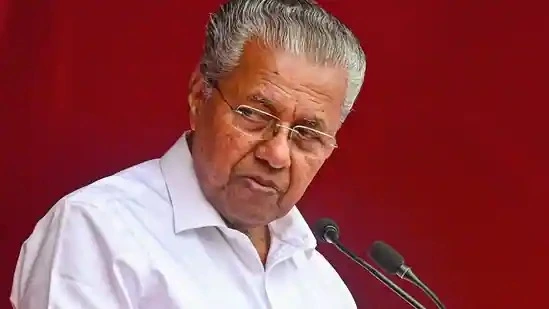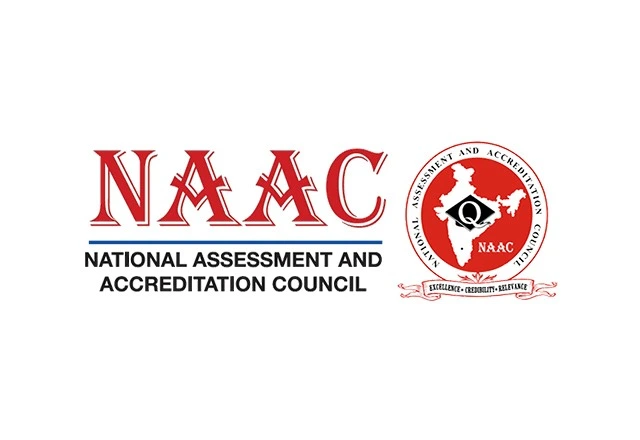Kerala Cabinet Approves Draft Bill for Establishment of Private Universities
The Kerala Cabinet, led by Chief Minister Pinarayi Vijayan, has approved the Kerala State Private Universities (Establishment and Regulation) Draft Bill, 2025, setting the stage for private universities in the state. The bill outlines strict guidelines for eligibility, infrastructure, and governance to ensure high academic standards. According to the draft bill, only credible sponsoring agencies with prior experience in the education sector can apply to establish private universities. Institutions must own land as per regulatory guidelines and deposit a ₹25 crore corpus fund in the state treasury. For multi-campus universities, the main campus must span at least 10 acres. The bill also mandates adherence to UGC and state government norms regarding faculty appointments, the selection of the Vice-Chancellor, and overall university administration. To ensure local representation, 40% of seats in each course must be reserved for students from Kerala, aligning with the state’s reservation policy. Additionally, scholarships and fee waivers will continue for Scheduled Caste (SC) and Scheduled Tribe (ST) students. Applicants must submit a detailed project report along with the application fee, ensuring transparency and credibility in the process. The move signals Kerala’s commitment to expanding higher education opportunities while maintaining regulatory oversight.
Kerala Cabinet Approves Draft Bill for Establishment of Private Universities Read More »



